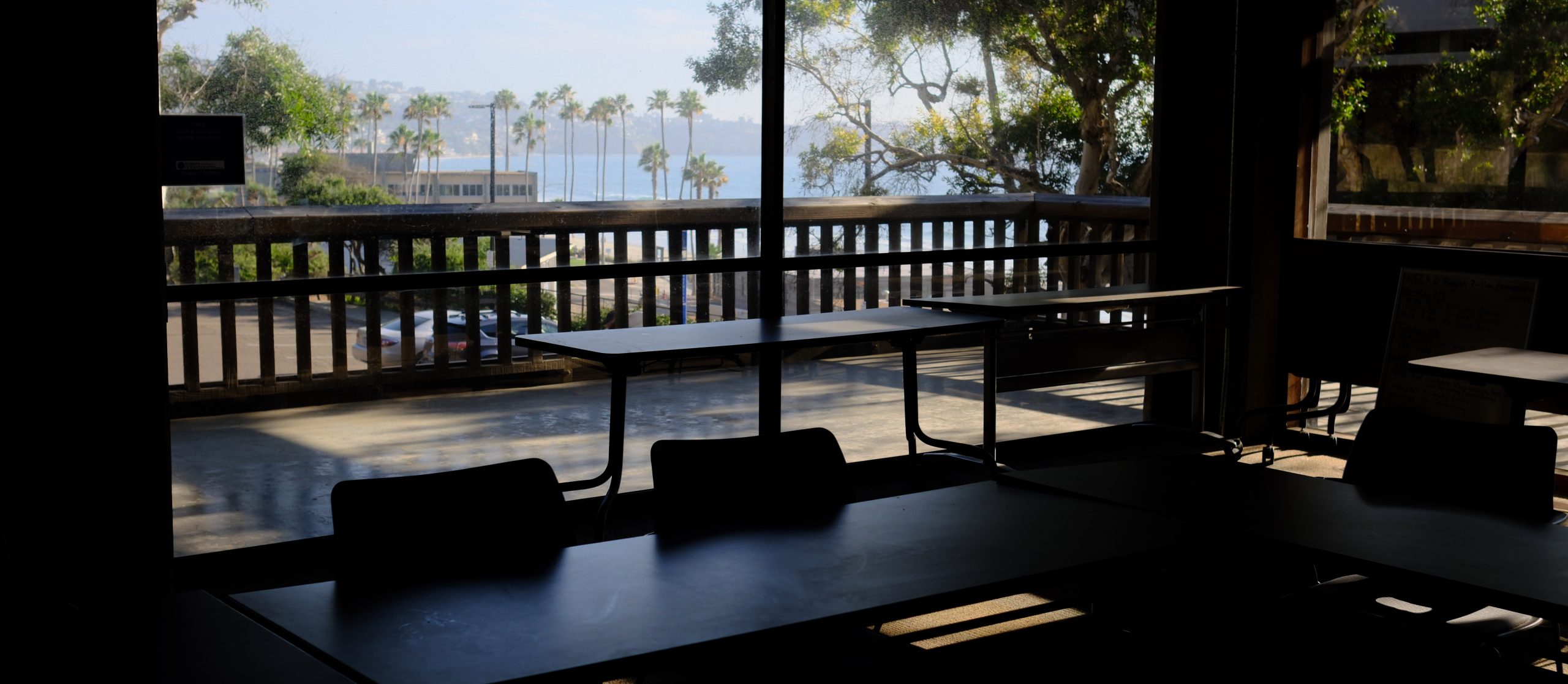
Curriculum Overview
The Master of Advanced Studies in Climate Science & Policy (MAS CSP) Program provides professionals an unparalleled opportunity to be trained and mentored by a remarkable group of renowned faculty and key industry leaders in California, a state revolutionizing climate policy. This 11 month, full-time, 50-unit degree is composed of a required 8-week summer session, four (4) required core courses, four (4) elective courses, and two (2) forum courses. Within the required core courses is the culminating experience of a Capstone, where you will apply multidisciplinary knowledge to a real-world climate question.
The MAS CSP Program partners closely with the UC San Diego School of Global Policy and Strategy, Rady School of Management, and other departments such as Economics, Communications, Ethnic Studies, and Urban Planning. Government agencies, corporate partners, business leaders and non-government agencies enhance the program by providing special lectures and discussion. This innovative model of interdisciplinary training prepares graduates to spearhead climate solutions in private industry, at non-governmental organizations, state, local or national level government.
Electives
In order to build on skills our students have already cultivated, the MAS CSP Program provides a high level of customization. Each student selects four (4) elective courses from any department at UC San Diego to deepen existing knowledge, fill gaps in their resume, acquire tangible skills for professional development, and establish a strong foundation of expertise for their Capstone Project and future careers.
The CSP program leadership team works with each student to customize an interdisciplinary curriculum that fits their interests and career goals. Our elective structure is intended to be flexible and well-rounded, leading to a cohort with diverse expertise and viewpoints, enhancing the educational value via peer-to-peer learning.
Scroll and click through the tabs above to preview the exceptional range of courses UC San Diego has to offer.
Capstone
Each student will identify an important issue in climate science and/or policy that demands urgent attention, and then propose, design and complete a project that identifies strategies and solutions to help address this issue. The Capstone Project allows students to directly apply knowledge gained in the program, expand upon specific elements of what they have learned, and to partner closely with experts in academia, non-profit organizations, and governmental agencies.
The Capstone Project is conducted in collaboration with a Capstone committee: an interdisciplinary team of subject matter experts. Skills gained and enhanced during the Capstone experience can be leveraged into career advancement upon graduation. The interesting range of topics selected for Capstone Projects reflect the diverse personal and professional experiences represented in the cohort. The Capstone project can take the form of film, mass media article, educational curriculum, quantitative analysis of climate data, business plan, economic or policy recommendation, or other meaningful deliverables.
Past Capstone Projects have addressed an impressive breadth of topics. See examples here.
Academic Year at a Glance
Summer Session: Late July - September
Fall Quarter: September - December
After the summer session concludes, CSP students will dive into courses in alignment with UC San Diego's fall quarter schedule. Students enroll in two core classes: SIO 117 - The Physical Basis of Global Warming and ECON 281 - Economics of the Environment. In addition, students enroll in at least one elective.
Winter Quarter: January - March
During winter quarter, students enroll in one core class: GPCO 400 - Policy Making Processes in addition to at least two electives and a CSP forum.
Spring Quarter: March - June
Fall and winter provide planning and momentum leading up to students' final Capstone Project in the spring. In addition to working on their Capstone Projects, CSP students enroll in one elective and CSP forum during their final quarter at SIO.
